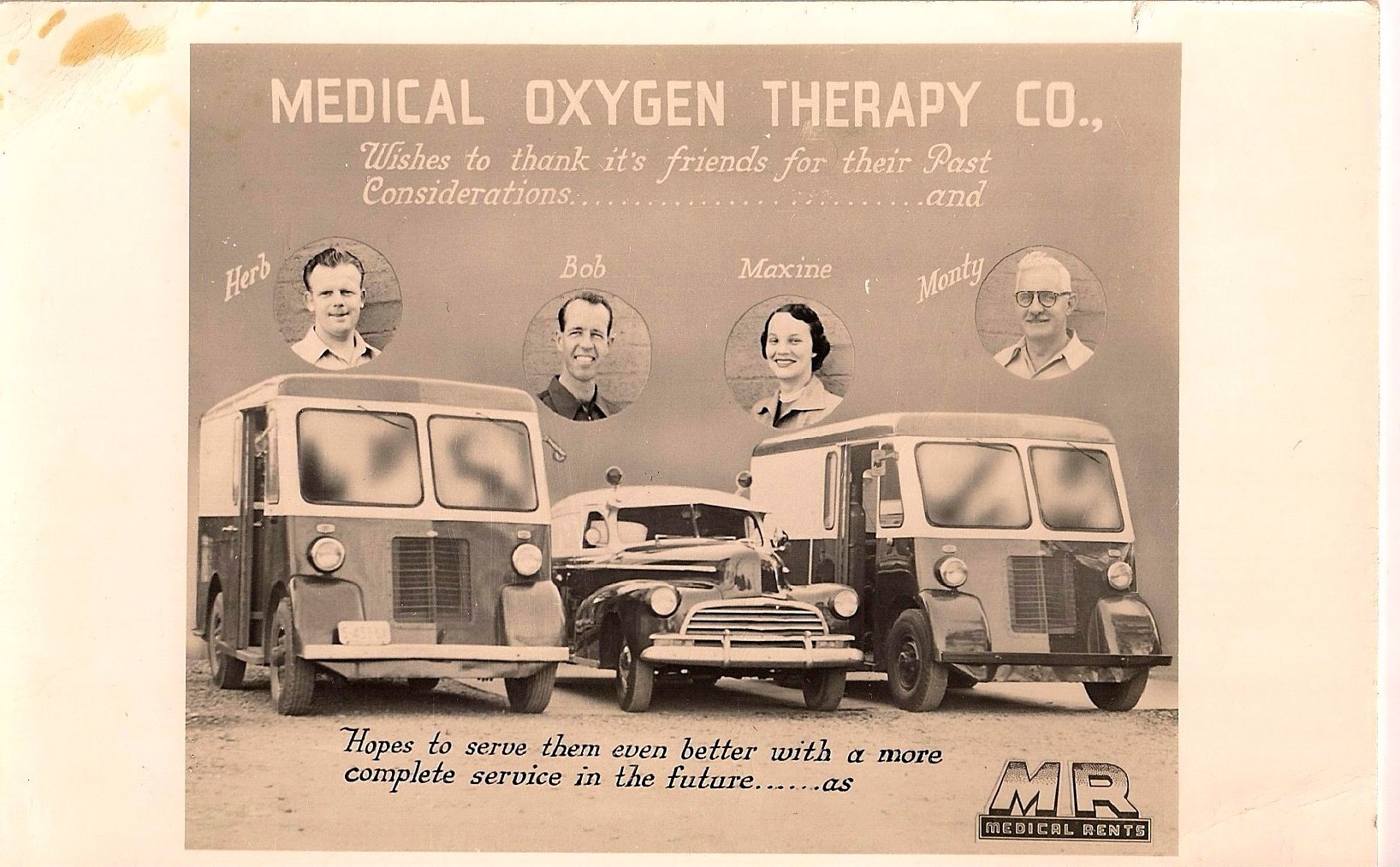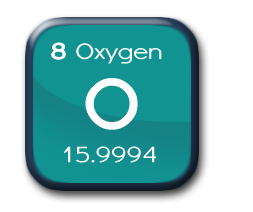“Cheers to a new year and another chance to get it right” --Oprah Winfrey
HQAA Blog
Topics: Quality, Employee Training, HIPAA, Personnel Files, Quality Improvement, Billing, Quality Standards, Patient File Requirements, Compliance, Patient Privacy, Process Improvement, Materials Management, Avoiding Deficiencies, Showroom, Retail, Delivery, Warehouse, Safety Officer
Confidentiality, privacy, and the protection of their medical records and information is something that our customer/patients have come to expect. It’s been over ten years since HIPAA (the Healthcare Insurance Portability & Accountability Act of 1996) went into effect and consumers have had over a decade of education every time they interact with any business related to healthcare. The consumer is a lot more well informed about their rights now compared to a decade ago. So, it might surprise some of us to find out that in the DME world, there are still instances of security and privacy breeches where medical information is NOT protected.
Topics: HIPAA, Patient Privacy
All accrediting bodies, HQAA included, have standards that require an effective equipment tracking system in place at every organization surveyed. Tracking systems are essentially a tool to help you keep track of where all your equipment and supplies are at any given time. The purpose of these tracking systems is for not only good overall inventory control and management, but also to facilitate a recall in the event a manufacturer or the FDA institutes a recall.
Topics: HME Accreditation Requirements
A Stroll Through Your Warehouse: Standards Compliance in Equipment Storage Areas
Say the word “warehouse” to many people, and you conjure up images of a dark, dusty, damp place with rows of equipment and boxes, piled to the ceiling. A home medical equipment company’s warehouse certainly can be the source of problems, deficiencies with standards, safety hazards, and infection control issues. But with just a little planning, some elbow grease and hard work, and a bit of ongoing monitoring, you can turn your warehouse into a clean, safe, even pleasant environment that improves operational efficiencies and helps your employees do their job well.
Topics: Compliance, Avoiding Deficiencies, Warehouse
Marketing & Accreditation: Why Does It Matter?
On a recent survey, a DME manager was surprised when I asked about the schedule for their marketing representative so I could set up some time to talk to her. The organization was not being argumentative, but were truly surprised to find me interested in chatting with her about her the marketing she was doing. “She really doesn’t have anything to do with the accreditation process and her work has no impact on accreditation at all”, they explained.
Topics: HQAA Accreditation, Compliance
Towards the end of the Provision of Services (PS) standards, almost to the end of the section, is the very simple accreditation standard PS 9: The Coordination of Care. The standard, in very simple, straightforward language, reads:
The organization documents the coordination of care between all those involved in the delivery of services or equipment/devices to the client. The organization documents communication with the client and between providers in a standardized manner within the client medical record.
Topics: HME Accreditation Requirements, Patient File Requirements, Quality Care
Quality improvement (QI) is often cited by owners and managers as one of the most difficult processes to understand. Programs are established and resources spent in an effort to maintain compliance in this area. Organizations report to surveyors that the process of maintaining their QI program can be cumbersome, time consuming, and useless.
Topics: Quality Improvement, Process Improvement
Delivery Vehicles & Accreditation: Everything You Need to Know
Fed Ex, UPS, and the US Postal Service have consistent, easily identifiable, and even iconic delivery vehicles. Pizza delivery vehicles often sport magnetic signs and/or rooftop billboards identifying the vehicle as part of their organization. And who hasn’t seen an Edible Arrangements truck cruising down the highway? This “branding” serves several useful purposes including marketing an organization. Delivery vehicles have been part of home medical equipment services since the inception of the industry. Be it a large truck from an industrial gas company, a cargo van, open pickup truck, or even a small, gas efficient compact car, delivery vehicles are an integral part of any DME organization.
Topics: HQAA Accreditation, HME Accreditation Requirements, Compliance, Delivery
It might surprise some readers to learn that there are enough rules and regulations, quirks and nuances, and potential problems to devote an entire blog article to a topic limited to “oxygen orders”. The fact is that oxygen orders are a complex enough issue to devote an article to, and more importantly, for your company to devote resources including training time --toward the goal of compliance.
Topics: Employee Training, HME Accreditation Requirements, Compliance, Clinical Practice Guidelines, Delivery, Oxygen
What to Expect During an Accreditation Survey
Companies going through an accreditation process usually experience at least some degree of anxiety. The importance of achieving and maintaining accreditation is often “life and death” to an organization—lose it and you may not be able to continue billing or receive referrals from a payer or a referral source. If it’s the first time you’re going through the process, you can also add the fear of the unknown to that equation. Add these factors together and you have a combination that can cause a lot of stress!
Topics: Renewing Accreditation, Quality Standards, HQAA Accreditation, HME Accreditation Requirements, Compliance, Avoiding Deficiencies











